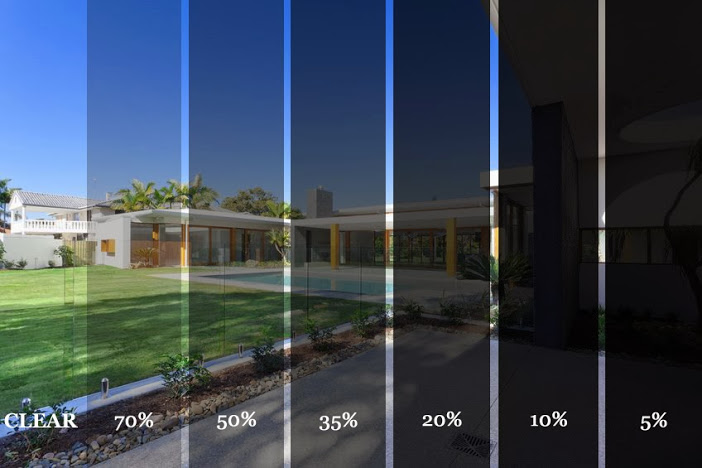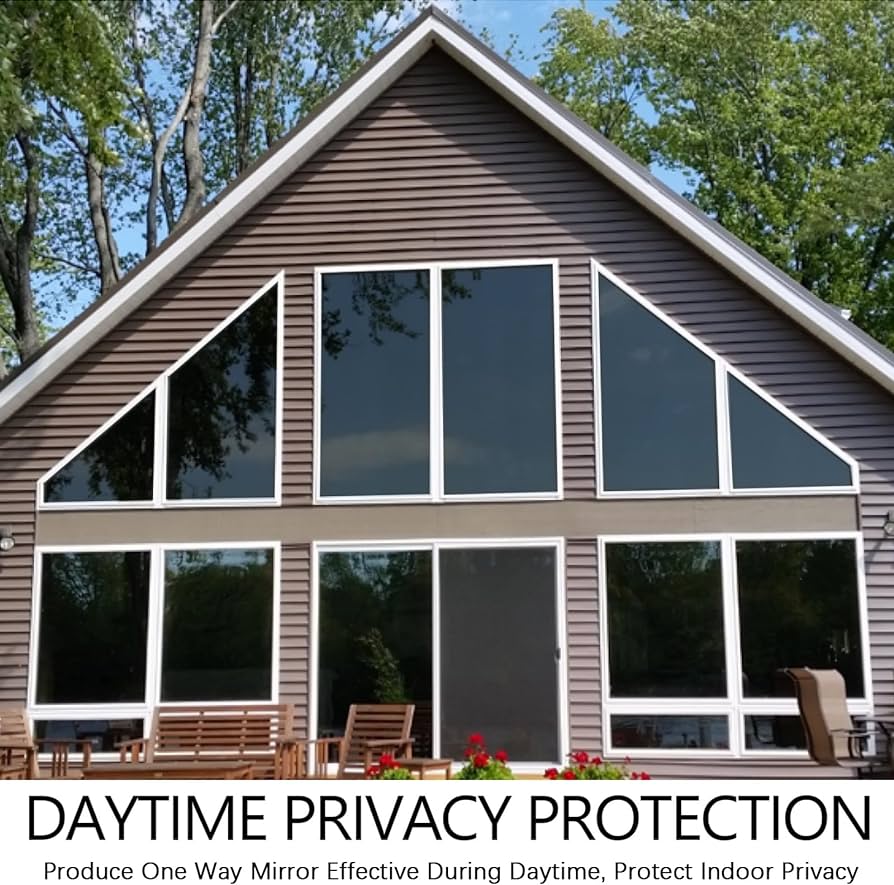Residential Window Tint: The Eco-Friendly Service for Your Home
Residential Window Tint: The Eco-Friendly Service for Your Home
Blog Article
Just How Residential Window Tinting Improves Your Home's Power Efficiency
Residential window tinting presents a compelling option for homeowners seeking to enhance energy effectiveness within their living rooms. By using specialized movies to windows, it efficiently minimizes heat transfer, therefore maintaining interior temperature levels and lessening the requirement for extreme home heating or air conditioning.
Recognizing Home Window Tinting
Recognizing window tinting is important for house owners looking for to improve both convenience and power effectiveness in their home. Residential Window Tint. Home window tinting entails the application of a slim movie to the inside or outside surface area of glass home windows. This movie can dramatically regulate the quantity of sunlight and heat that enters a home, thus influencing interior environment problems
There are different kinds of window tinting films available, each with distinct homes. As an example, dyed films soak up solar power, while reflective films disperse it away from the glass surface area. Ceramic movies supply an equilibrium of exposure and heat denial, making them a preferred option among property owners. The effectiveness of home window tinting is commonly determined by its Visible Light Transmission (VLT) percentage, which shows just how much light can pass with the film.
Benefits of Power Efficiency
Home window tinting not only boosts aesthetics yet also plays a substantial function in boosting energy performance within domestic rooms. By decreasing warmth transfer with home windows, tinted movies develop a much more secure indoor environment, which can lead to considerable decreases in energy usage for cooling and heating. This power performance equates right into lower utility expenses, providing house owners with substantial long-lasting financial savings.

Additionally, home window tinting improves the comfort of living rooms. By lessening glare and obstructing unsafe UV rays, tinted windows develop a more pleasant setting, which can result in improved health for residents. The protection versus UV rays also aids protect furnishings and flooring from fading, adding to the long life of household products.
How Tinting Functions
Tinting movies run with a mix of sophisticated materials and modern technologies developed to regulate the amount of solar power going into a home. Largely composed of polyester, these movies typically incorporate ceramic or metal particles that take in and reflect warmth. This dual capacity allows them to substantially reduce the penetration of ultraviolet (UV) rays and infrared radiation while allowing visible light to go through.
The performance of window tinting is determined by its solar warmth gain coefficient (SHGC), which suggests just how much solar power is transmitted with the home window. Lower SHGC values are better as they denote higher warm denial. Additionally, window tints can include a selection of shades, enabling house owners to tailor their aesthetic preferences while enhancing energy effectiveness.
In addition, these movies act as a barrier, stopping warmth loss throughout colder months by reflecting interior warmth back into the home. This thermal insulation impact enhances the air conditioning advantages obtained throughout warmer months, adding to a balanced indoor climate year-round. By managing solar energy efficiently, domestic Discover More Here window tinting not only improves comfort however likewise plays a crucial function in minimizing power consumption and decreasing utility costs.
Choosing the Right Color

There are numerous kinds of home window movies offered, consisting of colored, metalized, and ceramic. Dyed movies are cost-effective however might have limited toughness. Metalized films provide far better heat being rejected yet can conflict with electronic signals. Ceramic movies give outstanding warm control without endangering visibility and are extremely long lasting, making them a popular option.
Noticeable light transmission (VLT) is an additional essential element, as it suggests the amount of all-natural light that can go through the colored glass. Home owners should select a tint with a VLT that complements their lighting preferences while still providing sufficient glare reduction.
Additionally, evaluating the solar heat gain coefficient (SHGC) can help identify how well a tint can block warmth from sunshine. A reduced SHGC suggests better warm control, ultimately boosting power effectiveness.
Installment and Maintenance Tips
Correct installation and upkeep are vital parts in taking full advantage of the advantages of domestic home window tinting. Professionals additionally use specialized that site methods and devices, which can enhance the sturdiness and performance of the color.
Complying with setup, upkeep is essential to prolong the life of the window film. It is suggested to wait at the very least 30 days prior to cleansing the tinted windows to allow the glue to cure fully.
Additionally, regular assessments are advantageous. Look for any type of peeling or bubbling, which can indicate incorrect installation or put on in time - Residential Window Tint. Resolving these concerns quickly can prevent additional damage and keep energy performance. By sticking to these installation and maintenance suggestions, property owners can ensure their home window tinting continues to give substantial power cost savings and comfort for years ahead.
Final Thought
In verdict, household window tinting offers as a reliable solution for boosting energy performance within homes. By reducing heat transfer and obstructing damaging UV rays, home window films contribute to decrease power intake and boosted indoor convenience.
Window tinting involves the application of a thin movie to the inside or outside surface area of glass home windows. By reducing warm transfer with home windows, colored films create a more stable interior environment, which can lead to significant reductions in power consumption for home heating and air conditioning.The efficiency of window tinting is gauged by its solar heat gain coefficient (SHGC), which shows just how much solar power is transmitted with the home window. By handling solar power efficiently, residential window tinting not just improves comfort however likewise plays a crucial function in reducing energy intake and decreasing utility expenses.
By minimizing heat transfer and blocking harmful UV rays, window films add to lower power usage and enhanced interior convenience.
Report this page